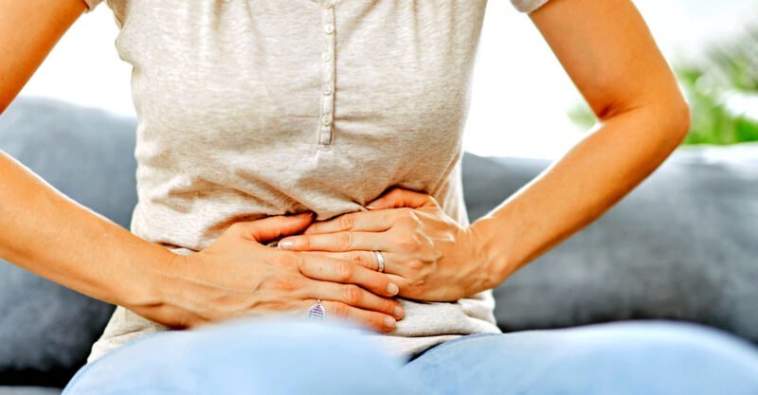(LifeSiteNews) In the largest study of its kind to date, 42 percent of women who were menstruating regularly reported breakthrough bleeding after receiving a COVID-19 vaccine
Study participants, who did not normally menstruate – including women on long-acting contraceptives and post-menopausal women – also experienced unusual bleeding.
Researchers in April 2021 launched the survey after thousands of women reported changes to their menstrual cycles and unusual bleeding after getting vaccinated.
The survey sample included 39,129 currently and formerly menstruating participants between the ages of 18 and 80 who were fully vaccinated with Pfizer-BioNTech, Moderna, Johnson & Johnson (J&J), Novavax, or AstraZeneca COVID vaccines and had not previously had COVID-19.
Researchers collected data for three months to provide clinicians and the public with a description of trends.
According to the results of the survey, published last week in the journal Science Advances, 42 percent of women with regular menstrual cycles bled more heavily than usual after receiving a COVID-19 vaccine.
Among respondents who typically do not menstruate, 71 percent of people on long-acting contraceptives, 39 percent of people on gender-affirming hormones, and 66 percent of postmenopausal women reported breakthrough bleeding.
“We found that increased/breakthrough bleeding was significantly associated with age, systemic vaccine side effects (fever and/or fatigue), history of pregnancy or birth and ethnicity,” researchers wrote.
Respondents reported noticing changes to their period 1 to 7 days after receiving a COVID-19 vaccine (dose 1: 31.4 percent; dose 2: 37.0 percent), 8 to 14 days after receiving a COVID-19 vaccine (dose 1: 25.9 percent; dose 2: 23.6 percent) or more than 14 days after being vaccinated (dose 1: 29.9 percent; dose 2: 26.8 percent).
The remainder of the respondents said they were menstruating at the time of vaccination (dose 1: 12.7 percent; dose 2: 12.5 percent).
In total, 42.1 percent of respondents reported heavier menstrual flow after receiving a COVID-19 vaccine, 14.3 percent reported their periods were “not heavier,” which was characterized by a mix of lighter or no change and 43.6 percent reported no change to flow.
Researchers found a heavier menstrual flow was more likely in respondents who were of non-white race, were Hispanic, were older, had a diagnosed reproductive condition, used hormonal contraception, were pregnant in the past – whether or not they had given birth – and those who had given birth or experienced a fever or fatigue after receiving a COVID-19 vaccine.
Researchers said the combination of a reproductive history that includes being pregnant but not giving birth in the past is associated with the highest risk of heavier flow, although having been pregnant and giving birth was also associated with a heavier flow.
Among non-menstruating, premenopausal women on hormonal treatments, 65.7 percent experienced breakthrough bleeding after receiving a COVID-19 vaccine.
Among postmenopausal women who had not bled for at least 12 months and were not on any hormonal treatments, breakthrough bleeding was reported by 66 percent of respondents. According to the authors, vaccine trial protocols do not typically monitor for major adverse events for more than seven days, and additional follow-up communications do not inquire about menstrual cycles or bleeding.
As a result, manufacturers failed to address whether the changes were coincidental or a potential side effect of the vaccines.
“In media coverage, medical doctors and public health experts hastened to say that there was ‘no biological mechanism’ or ‘no data’ to support a relationship between vaccine administration and menstrual changes,” the researchers wrote. “In other cases, experts declared that these changes were more likely a result of stress.”
Researchers emphasized that “menstrual bleeding changes of this nature are generally not indicative of changes to fertility,” although the survey did not examine the effects of COVID-19 vaccines or menstrual changes triggered by the vaccines on fertility, nor did the clinical trials of U.S.-authorized vaccines Pfizer, Moderna, J&J and Novavax adequately assess the effects of their products on fertility, as the companies’ own documents indicate.
“Because the study relied on self-reported experiences logged more than 14 days after vaccination, it cannot establish causality or be seen as predictive of people in the general population,” co-author Katharine Lee, an anthropology professor at Tulane University, said in a press release.
“But it can point to potential associations between a person’s reproductive history, hormonal status, demographics, and changes in menstruation following COVID-19 vaccination.”






